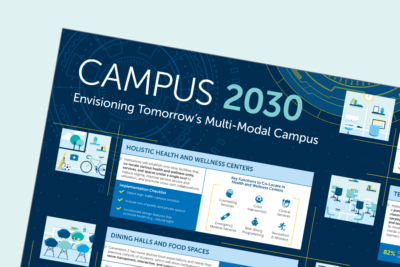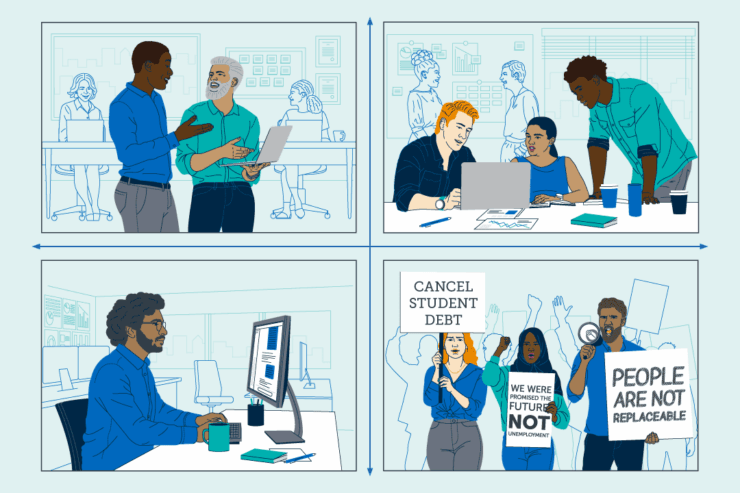Resources
Featured Resources

Insight Paper
College Search Trends Across Space and Time
This insight paper delves into college search trends in the application process among first-time undergraduates at four-year institutions.
Enroll360

Infographic
Campus 2030: Envisioning tomorrow’s multi-modal campus
Explore our infographic to learn about the future of the multi-modal campus and how seven spaces will change…
Strategic Advisory Services

Research Report
The Rise of the Chief Wellness Officer
Chief Wellness Officer (CWO) positions have grown rapidly across the past few years due to growth in appreciation…
Strategic Advisory Services
Recent Blog Posts
More Blog Posts
Blog Post
A winning platform for higher education in a high-scrutiny era
Higher Education Strategy BlogLatest Podcast Episode
More Episodes
Podcast
How To Support Staff Who Keep Students Enrolled
Experts discuss what it takes to recruit, support, and motivate the student success professionals who keep your students…

Podcast
Debt-Free Degrees? Early Results from the UCA Commitment
University of Central Arkansas President Houston Davis returns to the podcast to share results and lessons learned from…

Podcast
Inside The Adult Learner Mindset
In this episode, EAB’s Val Fox and Todd Heilman explore how adult learners research, evaluate, and choose whether…
Latest Partner Resource

Insight Paper
The Future of College Graduates in the AI Workforce
Explore how AI is reshaping entry-level jobs and what it means for recent college graduates.
Navigate360








